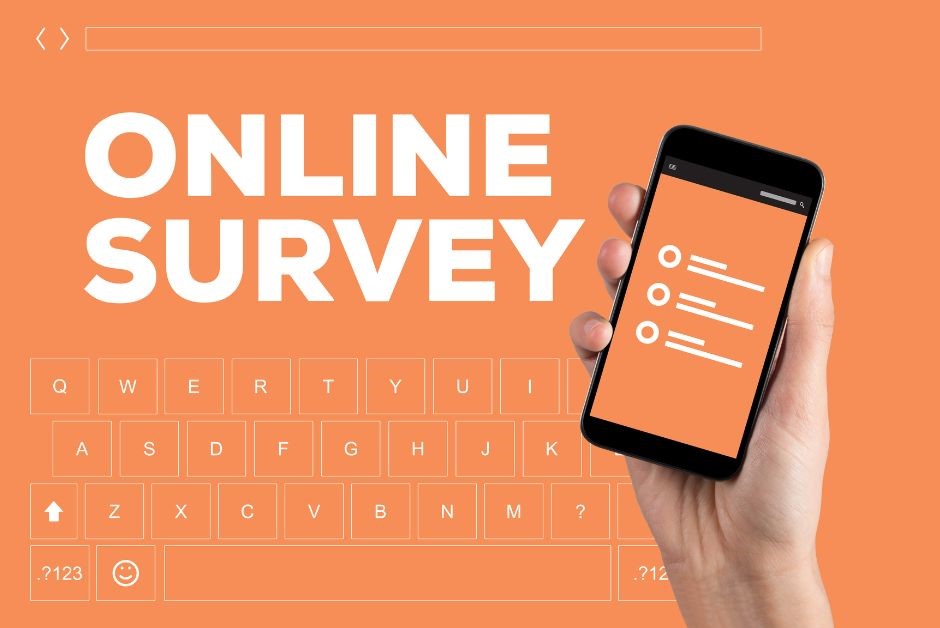In today’s fast-paced and ever-changing business world, companies need to understand the pulse of their employees to thrive. As a business owner or manager, you know that innovative development is crucial for staying competitive. Employee satisfaction and engagement play a vital role in the success of any organization, and Human Resource (HR) surveys are an effective tool to measure them.
Table of Contents
Types of HR surveys
Employee happiness and engagement are best measured by various personnel surveys, such as employee engagement surveys, satisfaction surveys, culture surveys, and pulse surveys. Every form of survey is distinct and has a purpose. While satisfaction surveys measure how satisfied employees are with different parts of their employment, employee engagement surveys gauge how dedicated people are to their jobs and the business. Pulse surveys offer real-time feedback on particular situations, whereas culture surveys evaluate the company culture and how it affects workers.
Survey design and administration
Employee opinion surveys must be properly planned, taking into account the unique aims and objectives of the organization, to produce reliable and accurate data. To encourage employees to share their views and opinions, the survey administration procedure should be open and confidential, and the questions themselves should be clear, succinct, and pertinent to the employees’ work experience.
Also, it is crucial to make sure that the survey results are effectively shared with the workforce to demonstrate to them how much the company values and considers their input. To ensure a high participation rate in the staff surveys, it is essential to communicate effectively with employees and explain the importance of their feedback.
The importance of employee feedback
Employees are the backbone of any organization, and their feedback is crucial in improving the workplace environment. Regular surveys provide a platform for employees to voice their opinions and concerns, making them feel valued and heard. It also helps organizations to recognize areas of improvement and take corrective action, which can boost employee morale and productivity.
Regular human resource surveys for employees provide a platform for employees to voice their opinions and concerns, making them feel valued and heard. It also helps organizations to recognize areas of improvement and take corrective action, which can boost employee morale and productivity.
Employee feedback is not only essential for identifying areas of improvement but also for recognizing and reinforcing positive aspects of the workplace. By acknowledging and addressing employee concerns, organizations can create a culture of trust and transparency, ultimately leading to increased employee engagement, retention, and productivity.

Analysis and Action
HR experts should carefully study the data after collecting employee input to pinpoint areas that might use improvement. This analysis should be followed by swift action. The information can be used to develop action plans to address employee issues, whether they involve enhancing corporate policies, putting new training programs into place, or both.
It’s important to keep workers informed about the steps being taken to address their concerns in order to foster a culture of transparency and trust between the staff and management and, eventually, enhance the work environment as a whole.
Benefits of HR surveys
Personnel surveys provide numerous benefits to organizations, including identifying employee concerns, improving employee engagement and satisfaction, increasing productivity and retention rates, enhancing organizational culture, and ultimately leading to the success in business. They help organizations to identify potential issues before they escalate, saving time and money in the long run.
By listening to employees’ feedback and taking action on their concerns, organizations can create a better workplace environment, improving employee engagement and productivity. With a successful HR survey strategy, companies can maintain a competitive advantage and succeed in today’s business world.
Challenges of HR surveys
Employee surveys may encounter a number of difficulties, including poor participation rates, biased responses, and inaction following the survey. HR specialists must maintain confidentiality and anonymity, effectively connect with staff, and follow through on their commitments to resolve employee complaints if they are to successfully meet these obstacles.
To overcome the challenges faced by the questionnaires, HR professionals need to continuously evaluate the survey design and administration process, taking into account feedback from employees and making improvements where necessary. It’s also crucial to establish a culture of open communication and trust, encouraging employees to participate and providing them with regular feedback on the actions taken to address their concerns.
In Conclusion
HR surveys are an essential tool for organizations to identify and address employee concerns. By listening to employees’ feedback and taking action on their concerns, organizations can create a better workplace environment, improving employee engagement and productivity. They need to be designed carefully, administered transparently, and analyzed thoroughly to obtain accurate and reliable results. With the right approach, they can provide numerous benefits to organizations, contributing to their success and growth.















